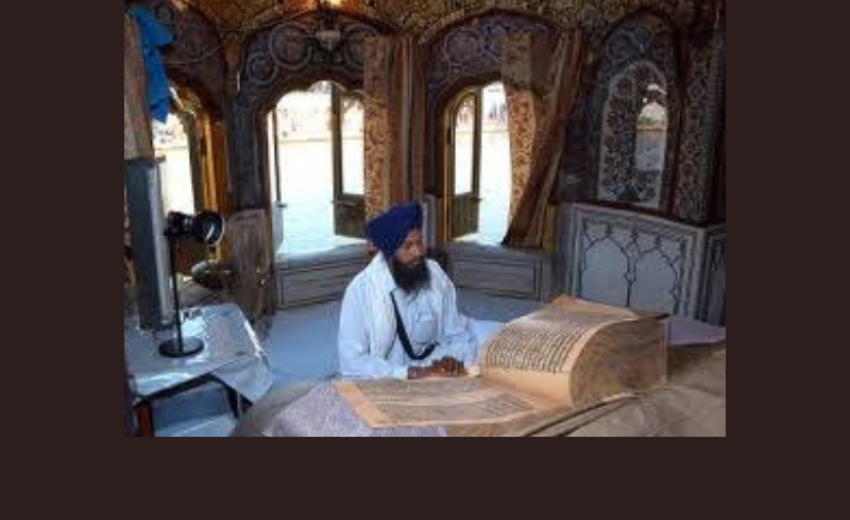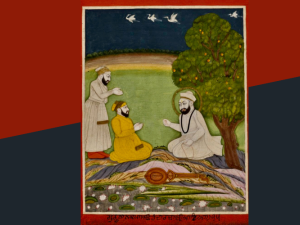There once was a maharaja who had inherited important trade routes and waterways which linked the north and south of his empire and connected the major river systems that spanned from west to east. Maintaining these trade routes was vital to the court, and once a year the maharaja and his entourage would do a tour of inspection passing through the city.
That such an inspection tour happened at all was a reflection of the economic successes and political achievements of the ruling prince. The annals of the city’s history tell us that inspection tours in the region by rulers of bygone empires were of a religious nature, travelling to holy mountains where sacrifices were offered. Over time, the tours became political, and a ruler would call upon those who had declared their allegiance and loyalty to his sovereignty.
The tours and rituals performed by these rulers were familiar to the maharaja, but he discouraged rituals and sacrifices. His tours were marked by simplicity and a refusal to accept lavish banquets and accommodation by his hosts. If the maharaja decided to rest or stay overnight, he always chose modest lodgings. When it came to eating, he insisted on eating, along with selected members of his retinue, in a communal kitchen. Not one to be swayed by public opinion, the maharaja, nonetheless, avoided any unnecessary displays of privilege or power.
On the long-awaited day, thousands upon thousands of people lined the city streets in the hope of catching a glimpse of the maharaja. It was a bright day, the mid-July heat tempered by only the slightest breeze. Anand and his father did not want to join the crowds so they left home early with a bag of provisions and made their way to a secluded outlook that would give them a better vantage point to view the procession.
An army of male riders on horseback could be seen in the distance, footmen in uniform moving in slow measured steps from right to left accompanied by elephants decorated in all the colors of royalty ridden by princes and men of rank.
‘Look,’ said Anand’s father. A dazzling howdah in which the maharaja was seated would very shortly come into sharper focus. A rank of men wearing blazing red turbans walked very close to the royal mount, a forest of lances raised vertically to the dome of blue sky.
‘Father,’ said the young boy. ‘Did we not just see another file of elephants ahead of the maharaja and a howdah on the back of one of them carrying a book or something covered in white cloth with an attendant waving a yak’s tail whisk over it?’
‘It carries the hallowed book of the Sikh Gurus,’ said the father as he placed his hand on the boy’s left shoulder delighted that his son was so observant.
It became clear to Anand that the royal procession through the city and beyond belonged to the Guru Granth Sahib, not the maharaja, who despite his rank, bowed his head in reverence.
‘The voices of the Gurus have already crossed the seas, resounding to the songs of bliss and universal love´ said Anand’s father. ´ They are voices that serve humanity´.


